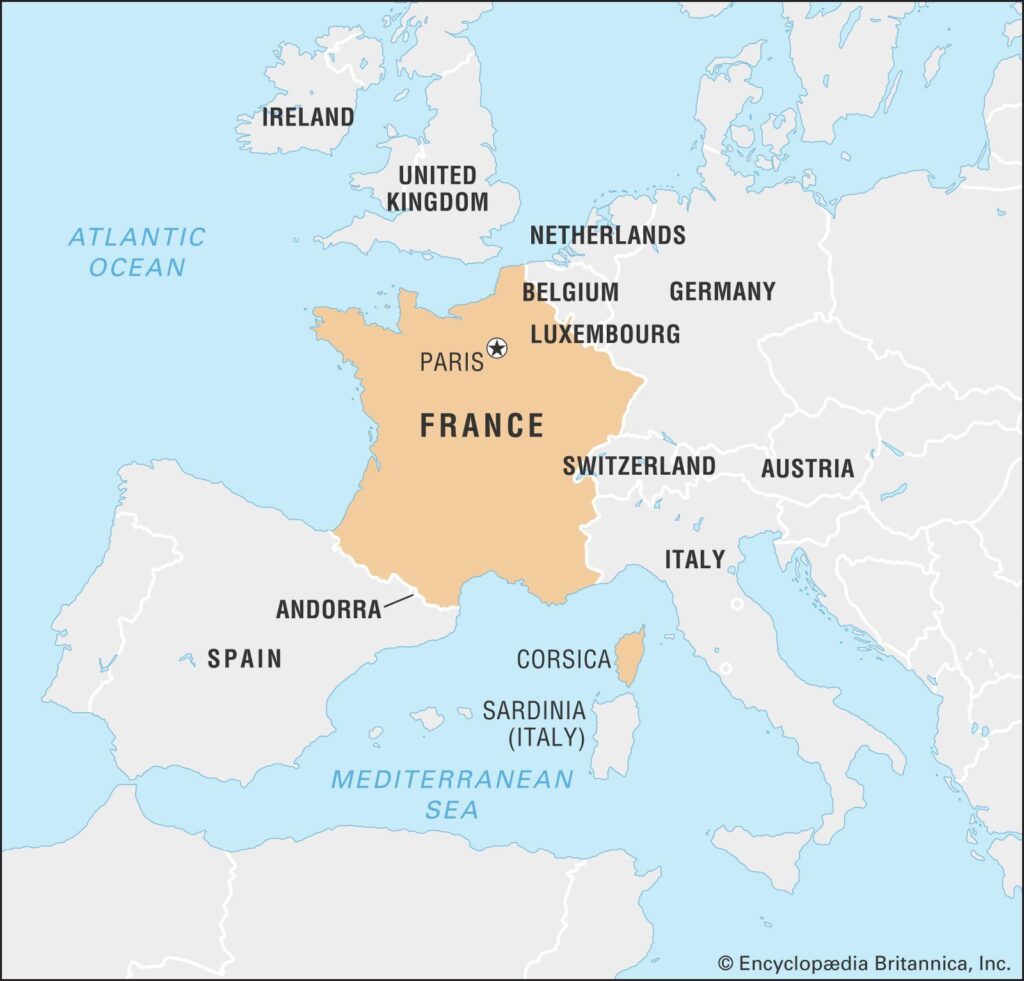Tensions between France and Algeria have reached a boiling point, sparking what many are calling the biggest crisis since Algeria gained independence in 1962. Decades of complex history, diplomatic strains, and recent political disputes have combined to create a volatile situation with significant implications for both nations. As diplomatic relations hang in the balance, questions arise over what the future holds for France and Algeria and how they might navigate this challenging chapter. This article examines the origins of the current crisis, its impact on bilateral ties, and the potential paths forward.
The Historical Roots of Franco-Algerian Tensions and Their Modern Implications
The roots of the strained relationship between France and Algeria run deep, tracing back to over a century of colonial rule and the brutal war of independence that ended in 1962. France’s colonization of Algeria in 1830 laid the groundwork for systemic inequalities and a legacy of violence, with millions of Algerians subjected to dispossession and repression. The Algerian War of Independence, marked by widespread guerrilla warfare and severe human rights abuses on both sides, remains a painful chapter that continues to shape collective memories and national identities. These unresolved historical grievances are compounded by the contentious issues of migration, cultural recognition, and economic cooperation that persist today.
Modern diplomatic tensions often find their roots in this fraught history, playing out in public debates and political discourse across both nations. Key factors influencing the current crisis include:
- Memory politics: Disputes over the acknowledgment and interpretation of wartime atrocities.
- Economic ties: Trade imbalances and the role of Algerian diaspora in France.
- Migration challenges: Societal integration and bilateral agreements.
These dimensions have made reconciliation efforts complex, with each side grappling not only with political realities but also with the emotional weight of history. The following table highlights some pivotal moments that continue to influence contemporary relations:
| Year | Event | Impact on Relations |
|---|---|---|
| 1830 | French Invasion of Algeria | Start of colonial settlement and oppression |
| 1954-1962 | Algerian War of Independence | Prolonged conflict with deep societal scars |
| 1962 | Algerian Independence | Formation of a new nation with strained ties |
| 2003 | France Recognizes “Colonial War” Status | Partial acknowledgment sparking public debate |
| 2021 | French President Apology Calls | Controversy over historical accountability |
Economic and Social Challenges Facing Both Nations Amidst Diplomatic Strains
As tensions deepen, both France and Algeria grapple with profound economic and social repercussions that are testing the resilience of their societies. Algeria faces mounting unemployment, particularly among its youth, which has exacerbated public frustration and threatened social stability. Simultaneously, the decline in French investment and cooperation jeopardizes critical sectors such as energy, infrastructure, and education, intensifying economic uncertainty on both sides. The strain disrupts trade flows, with Algerian exports suffering from reduced access to the French market, while French businesses lose a vital economic partner.
Key challenges confronting both nations include:
- Rising unemployment and social discontent in Algeria
- Reduced bilateral trade impacting economic growth
- Deteriorating cultural and academic exchanges
- Shifts in migration patterns affecting labor markets
| Indicator | France (2023) | Algeria (2023) |
|---|---|---|
| Unemployment Rate | 7.1% | 15.3% |
| Yearly Trade Volume (€ billion) | 12.4 | 12.4 |
| Student Exchange Programs | 3,200 | 2,900 |
Socially, the weakening diplomatic ties undermine longstanding cultural bridges that have connected millions across generations. Algerian communities in France face renewed anxieties over identity and acceptance, while distrust seeps into public discourse. Efforts by civil society and cultural institutions strive to maintain dialogue, but government-level tensions overshadow these initiatives. The mutual estrangement risks unraveling not only economic interdependence but also the social fabric that has long defined the Franco-Algerian relationship.
Pathways to Reconciliation and Cooperative Solutions for Sustainable Stability
Addressing the deeply rooted tensions between France and Algeria requires a multifaceted approach prioritizing dialogue, historical acknowledgment, and mutual respect. Both nations must engage in open conversations to confront their shared past, especially the legacy of colonization and the brutal war for independence. Reparative justice initiatives, including formal apologies and collaborative educational programs, can help bridge the gap in understanding and foster a climate of trust.
Economic and cultural cooperation stands as a cornerstone for sustainable peace. Joint ventures in sectors such as renewable energy, tourism, and technology could create shared benefits, empowering communities in both countries. Key pathways include:
- Establishment of bilateral commissions tasked with resolving historical grievances and promoting cultural exchanges.
- Investment in youth-focused programs aimed at enhancing employment and entrepreneurship opportunities.
- Support for cross-border academic research to document and teach an inclusive history.
| Initiative | Goal | Expected Outcome |
|---|---|---|
| Truth and Reconciliation Commission | Address war memories | Healing and shared narratives |
| Joint Economic Zones | Boost bilateral trade | Job creation, mutual prosperity |
| Cultural Exchange Programs | Foster understanding | Improved social cohesion |
To Wrap It Up
As France and Algeria confront this unprecedented moment in their shared history, the path forward remains fraught with challenges. Both nations must navigate a complex web of political, social, and historical issues to rebuild trust and forge a new chapter in their relationship. How they choose to address these deep-rooted tensions will not only shape their bilateral ties but also influence stability and cooperation in the wider region. The coming months will be critical in determining whether reconciliation can prevail over division, marking a pivotal moment since independence.
